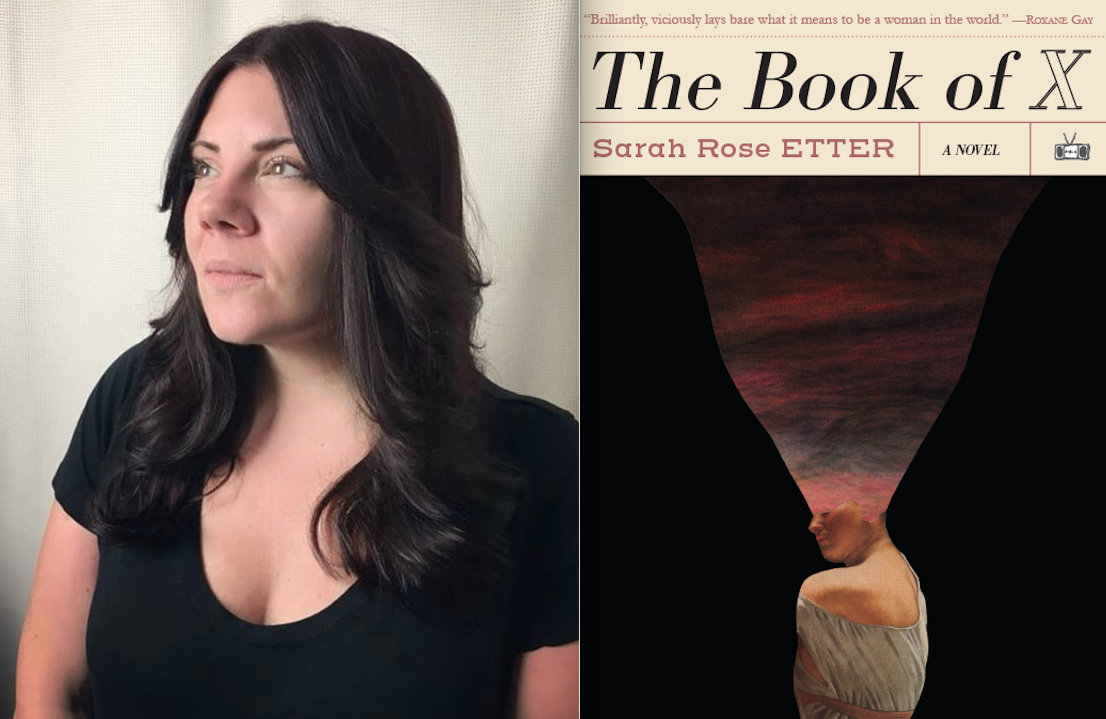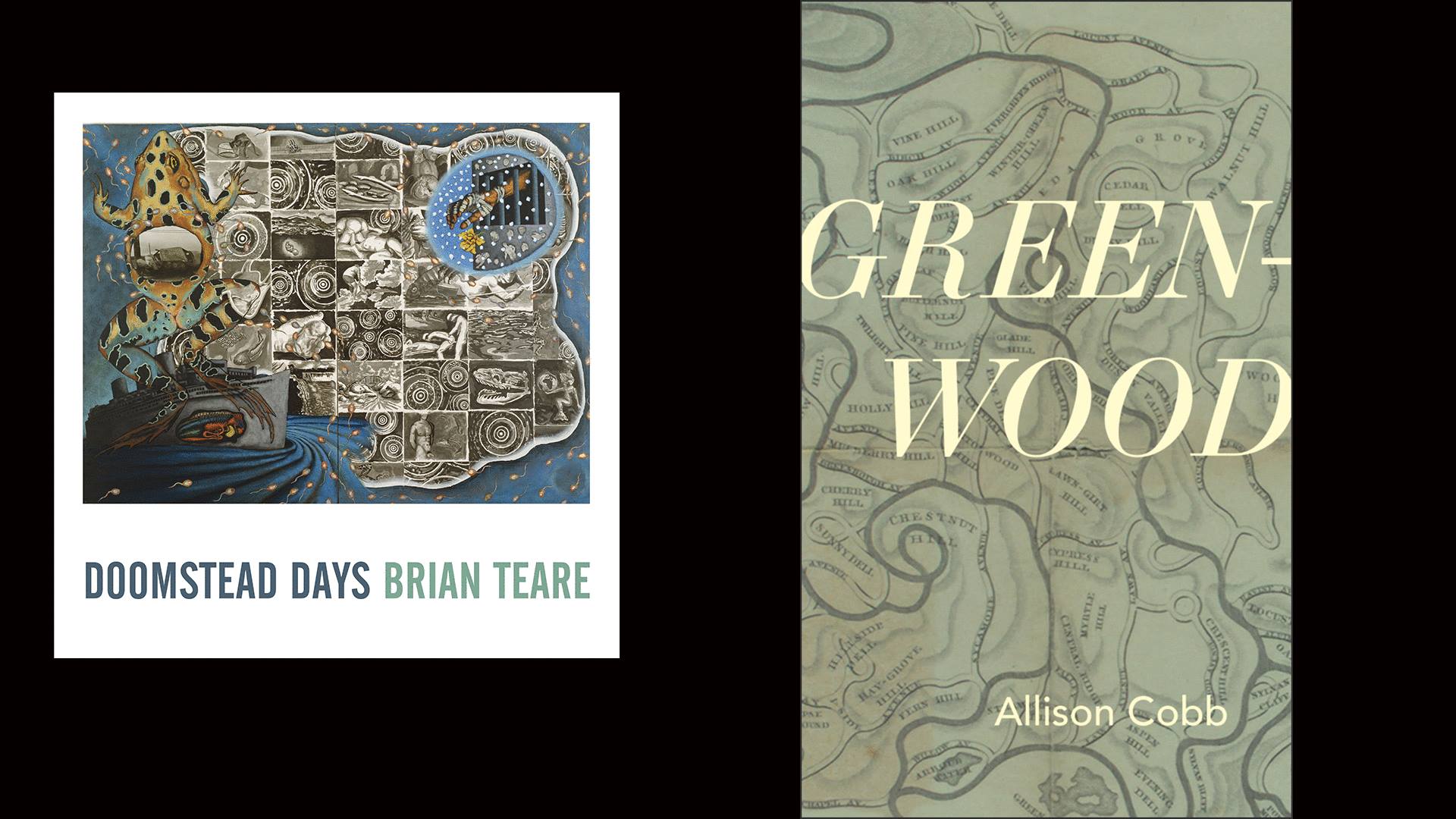LISTEN TO THE SHOW
Al Filreis convened Larissa Lai, Maxe Crandall, and Julia Bloch to discuss Sarah Dowling’s book Entering Sappho (Coach House, 2020), in which an abandoned town named for the classical lesbian leads to vexing questions of history, settlement, translation, violence, “impossible geographies,”* the idea of the “unwitting monument,” and the abusive economics of the s0-called company town. The group focuses on two passages from the book. First there’s “Clip,” the opening poem, a kind of verse preface or prelude to the recurring themes. Then there are the first three paragraphs of a prose statement (or prose poem?) at the end of the book, “White Columns.” The texts of these passages can be found HERE and HERE.








